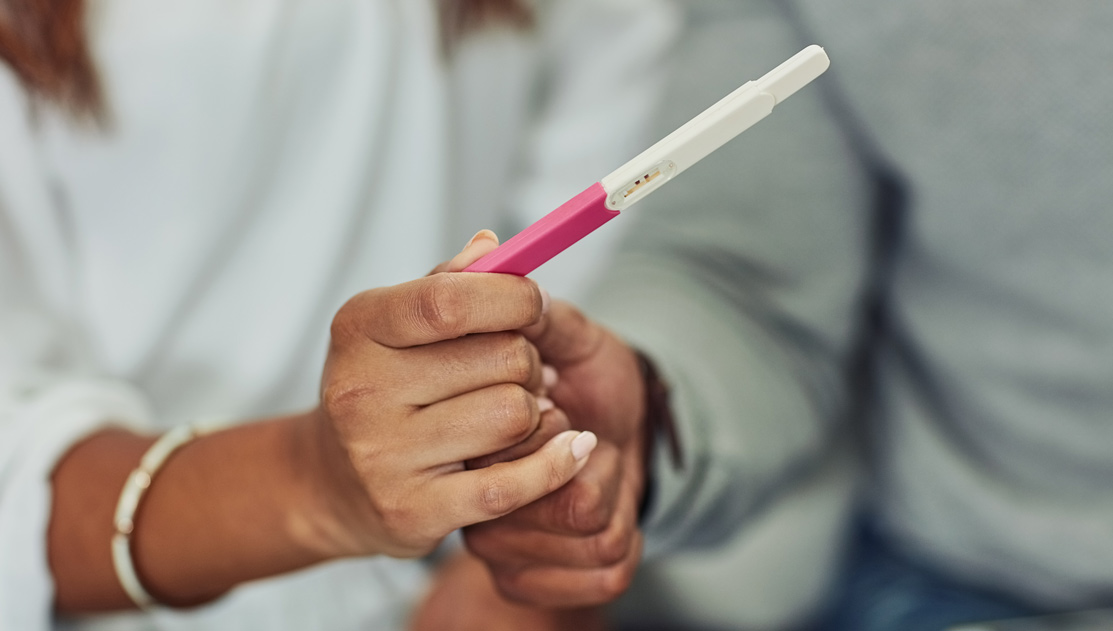If you have been trying for a baby for a while, or if you are in your thirties or have a condition that may affect your fertility, you might be wondering about fertility testing. For anyone with concerns about conceiving, fertility checks are a crucial step in determining what problems there may be and which fertility treatments can address them. Here we break down fertility testing and what to expect.
First things first: Fertility testing is not just for women
If you are a heterosexual couple, it is imperative that you both get tested. Many people aren’t aware that the male factor infertility accounts for up to 30 to 40 % of conception problems. Some clinics such as The Fertility and Gynaecology Academy offer inclusive couples’ fertility check packages so you pay one fee for clarity and peace of mind.
How is a woman’s fertility tested?
If you are attending a private fertility clinic, it will usually depend on the package you opt for. We recommend a comprehensive fertility check because, as we always say here at The Fertility and Gynaecology Academy, time is fertility.
The sooner you get to the root of any problem, the sooner it can be dealt with and the more time you have within your own fertility window to conceive. When we know what the problem is, we can deliver fertility treatment pinpointed for you. So assuming you opt for comprehensive fertility testing, you can expect components such as:
1. Consultation
Dr Anu Chawla, Fertility Consultant at The Fertility & Gynaecology Academy says: “It can be daunting, we know that. But meeting with an expert fertility doctor who will consider your medical history and concerns is a key step. In addition to medical questions, they will often also ask about lifestyle and diet to get a thorough picture. If you are opting for couple’s fertility testing, you and your partner should both attend the consultation, as either or both could be experiencing fertility issues. The consultant will explain the series of tests you will undergo and address any concerns you may have. Sometimes patients worry about forgetting things they want to say, so you might find it helpful to take notes with you.”
2. Transvaginal ultrasound scan TVS
This procedure looks at a woman’s reproductive system, analysing the ovaries, uterus and fallopian tubes. There is a separate test for checking the patency of the fallopian tubes as a normal tube is too slender to be seen in a TVS. The ultrasound is pain-free and conducted via the vagina because this is a more accurate way of analysing the reproductive organs than an abdominal scan. It allows the probe to be closer to the reproductive organs.
The scan may also incorporate an antral follicle count. An antral follicle is a little sac filled with fluid that potentially holds an undeveloped egg, and this little sac plays a very important function in egg maturation and egg release when you ovulate. Your clinician may check and count the antral follicles you have.
3. Saline Hysterography (SIS) AKA aqua scan
If following the scan your doctor suspects there may be issues with your womb or fallopian tubes, a more detailed scan such as Saline Hysterography (SIS) ‘Aqua Scan’ may be recommended. This enables your clinicians to evaluate , in more detail than a normal scan, the anatomy of the fallopian tubes and the womb cavity. This is especially important in cases of recurrent treatment failure. Here at The Fertility and Gynaecology Academy we include this as standard for our Couples advanced fertility check.
In addition to identifying infections, at this stage clinicians are also looking to rule out problems such as endometriosis, polycystic ovary syndrome (PCOS), uterine fibroids (non-cancerous growths consisting of fibrous tissue and muscle) or blocked fallopian tubes.
4. Egg counting blood test for anti-mullerian hormone
This blood test helps to ascertain your number of remaining eggs, through the measurement of Anti-Mullerian Hormone (AMH) levels. AMH is a hormone linked to a woman’s ovarian reserve. It is complementary to checking the antral follicle count.
5. Consultation to talk through your test results
In a comprehensive private fertility screening, you should have a consultation with a specialist to talk through your test results. The findings should be explained carefully, and their implications discussed with you in light of your goals. You should be able to ask questions and receive answers in everyday language so you never leave feeling confused about what it all means.
What does a fertility test for couples involve?
Comprehensive private fertility testing for couples usually incorporates all of the above steps, plus semen analysis.
Semen analysis is a non-invasive process. First, the male partner deposits his specimen at the clinic. Then, the semen will be closely analysed in the laboratory to determine its overall content, as well as the number of sperm and their shape and mobility.
How do I know if I’m subfertile?
In the vast majority of cases, the causes of any conception problems can be identified through sophisticated fertility testing as outlined above. Unfortunately though, unexplained infertility still makes up around a quarter of all cases.
But the good news is, unexplained fertility can frequently still be successfully treated with fertility interventions such as IVF. So even if in the unlikely event doctors can’t tell you what’s causing your infertility, it doesn’t then follow that you can’t achieve your dream of a baby. Here at The Fertility and Gynaecology Academy, we’ve successfully helped many couples to conceive who’d all but given up hope.
How can I test my fertility at home?
At least one high street brand is now offering ‘at home fertility tests’ for women, providing indications for things like AMH and progesterone levels. Is this advisable? Well, we can certainly see why many women might want quick answers from home. But the problem is that while ‘knowledge is power’, a little knowledge can be misleading. As the British Fertility Society has cautioned:
“Many women with low ovarian reserve will conceive without any problems whilst others with a good ovarian reserve may take time and need fertility treatment…Tests showing a good ovarian reserve are reassuring but they by no means guarantee a baby and equally a poor or impaired ovarian reserve does not mean you will struggle and need fertility treatment.”
These at-home tests can’t provide real peace of mind because the results come without context, much less the scans needed to rule out most fertility problems. That is why we recommend undergoing comprehensive fertility testing. The sooner you know your actual fertility profile, the further you are likely to be on the road towards conception.
Here at The Fertility and Gynaecology Academy, our fertility testing is second to none. We consult with patients thoroughly, to understand their medical histories, the concerns they face, and their goals for a family. Staffed by fertility experts, we leave no stone unturned so that you can plan for the future.
To find out more about how we can help, call The Fertility & Gynaecology Academy now on 020 7224 1880 or email info@fertility-academy.co.uk.







